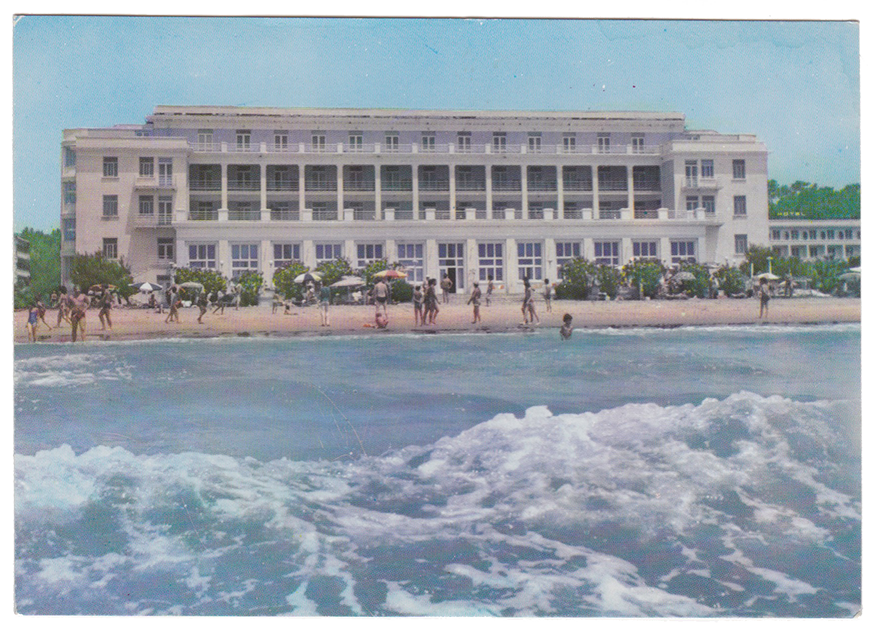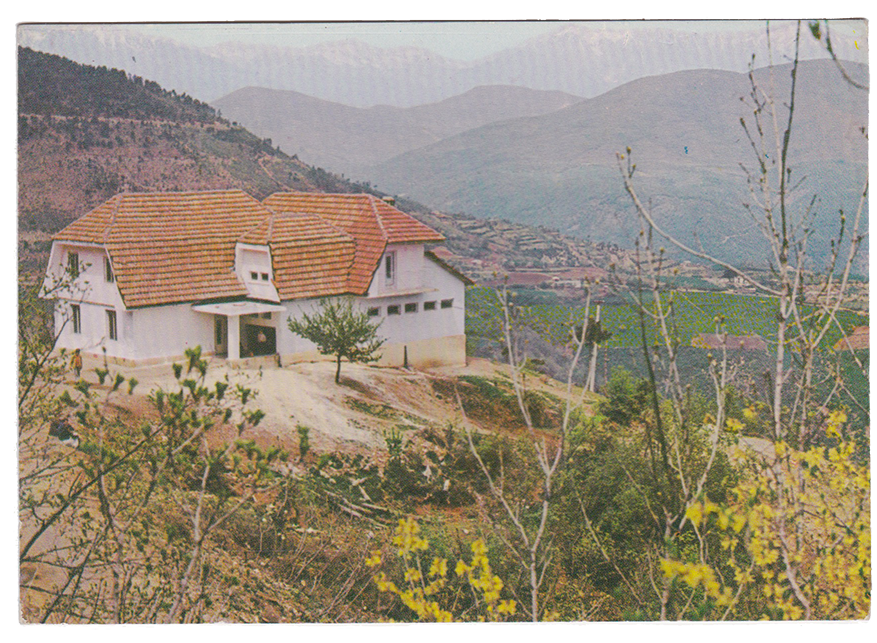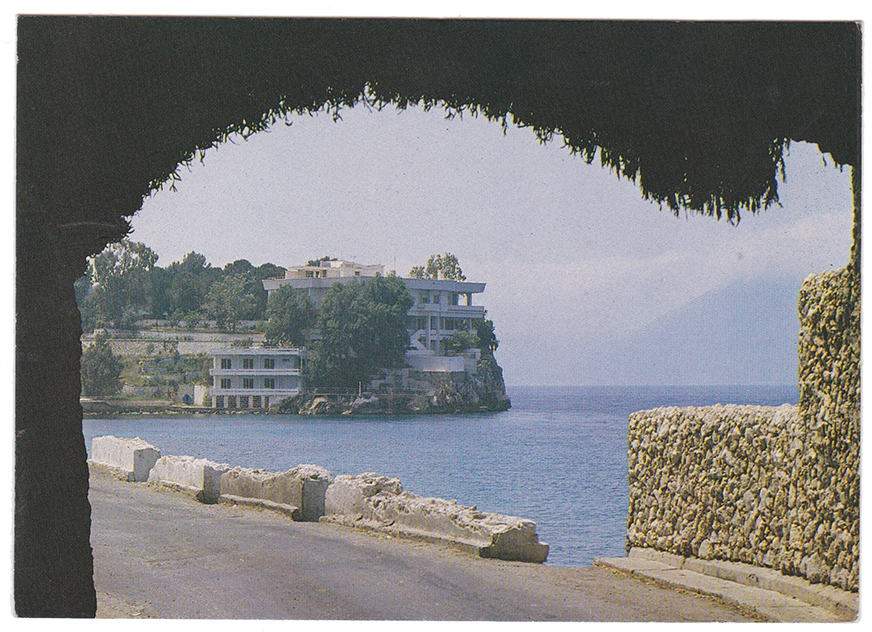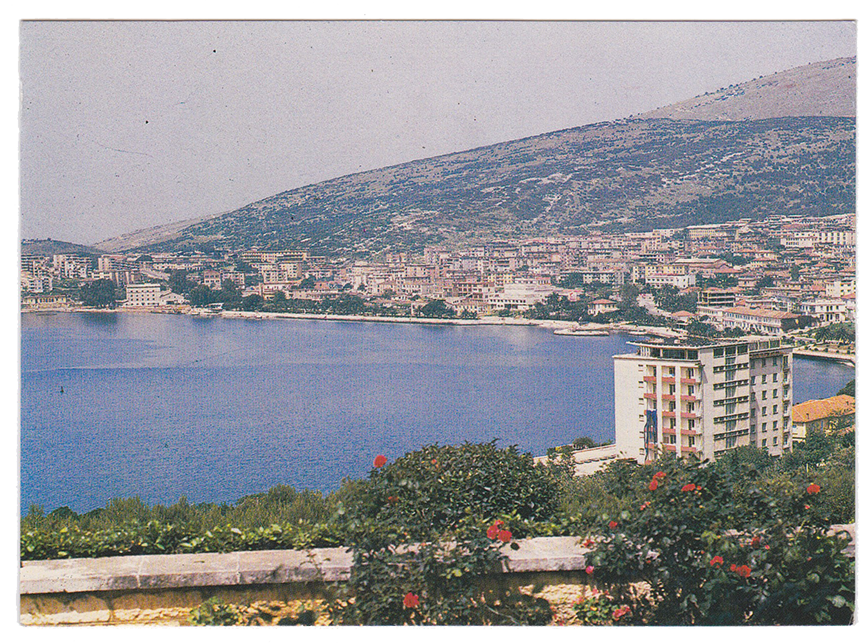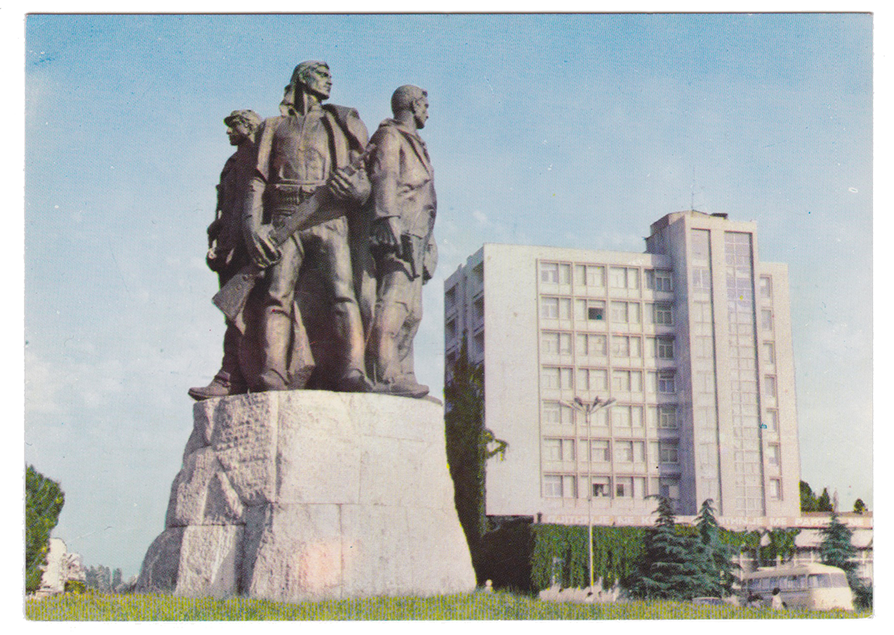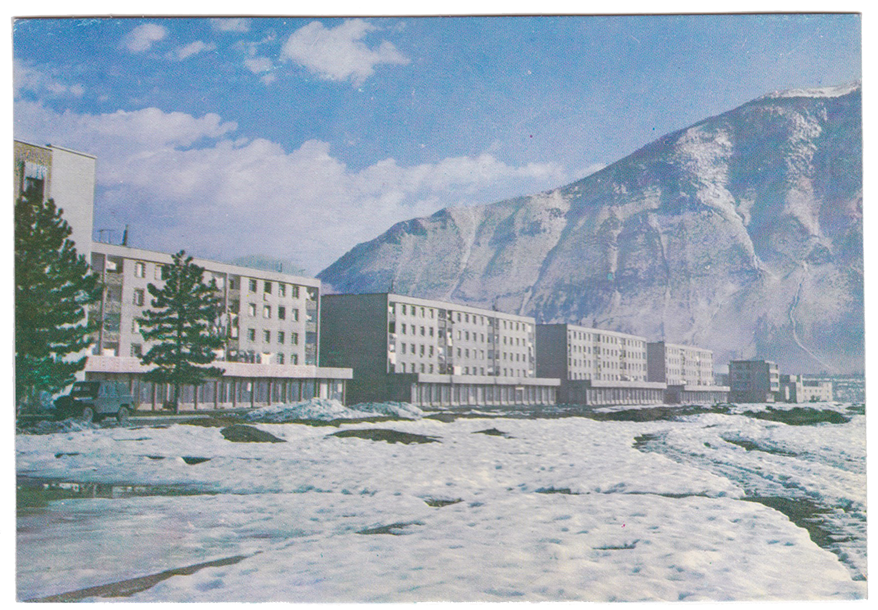

Albania was very isolated from the rest of the world during its communist period which lasted from 1944 to 1991. Under the dictatorship of Enver Hoxha it was very hard to visit the country as a foreign tourist. There were tourist facilitations though, but they were all run by the state and strictly controlled by the official state tourist company ‘Albturist’. Tourists were preselected so that no journalists, clergy or citizens of the United States, USSR and China were admitted. Dictator Hoxha stated that;
‘The people’s republic of Albania is closed to enemies, spies, hippie tourists and other vagabonds’.
Those foreign tourists who were lucky enough to make it to the Albania, except for being under 24/7 surveillance, also had to obey to strict aesthetic rules that forced them to cut their hair and sideburns if they were considered too long and in contrast with the socialist fashion. For this purpose, all main border points served a special barbershop and a clothing store to “allow” tourists to adapt their style to how they had to look in order to be able to enter the country. The provided inland travels were package-holidays, which meant that every aspect of the travel was prescribed, much like the tourist possibilities in contemporary North-Korea. It was also arranged that no other Albanians were encountered other than the Albturist tour guides, yet another xenophobic and paranoid arrangement that suited Hoxha’s path to his ideal socialist state. Clearly, Albania gave low priority to foreign tourism, and the actual number of visitors, about a 2500 in the beginning, to about 30.000 annually at the end of the regime, was kept relatively low compared to Yugoslavia or the Soviet Union.
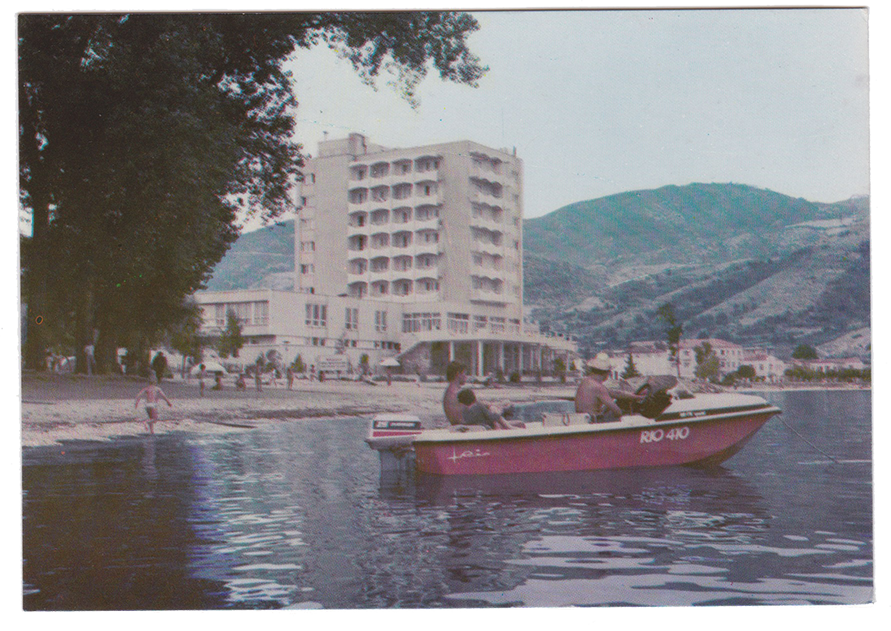
This collection of postcards is published by the official state tourist company ‘Albturist’. The postcards in this selection are published between 1986 and 1988, after the death of dictator Hoxha, and close to the end of Albanian communism. Pictured are state hotels, which were far more frequently visited by party officials than by tourists. Yet, the postcards almost let you imagine a tourist destination like anywhere else in the world at that time.
The cards were collected last summer in an antique souvenir shop in the capital of Tirana, today a bustling and popular town for foreign tourists.
